“Assassin’s Creed” is a franchise that had been dying a slow death for years by the time it released its ninth main series entry, “Assassin’s Creed Syndicate,” in 2015. “Syndicate” was hardly a strong entry in the series, be it on a mechanical, aesthetic or storytelling level. In fact, it’s a rather forgettable video game in a franchise of rather forgettable video games. What is extraordinary about “Syndicate,” however, is how it reflects on the dying franchise and the company that produced it.
With “Syndicate,” the “Assassin’s Creed” franchise was forced to face the realities of what it had become. The franchise’s history-as-playground hook was brushing up against increasingly obvious limitations. The further removed from the present that the game is set, the less accurate the settings inherently become. But when the historically fictional story is set too close to the present, even more urgent problems arise. The Victorian England rogues’ gallery — a collection of photos of criminal suspects — in “Syndicate” was almost entirely composed of fictional characters as too many historical figures from the time had surviving descendants who would have taken umbrage at their ancestors’ portrayals in the game.
“Syndicate” featured a split-protagonist system between twins Jacob and Evie Frye, though the pair’s missions are few and far between. Jacob’s missions are the stock standard “Assassin’s Creed” experience, as he murders his way through a list of targets in London. However, after every major assassination mission, Evie has a mission of her own as she witnesses the fallout of each high-profile murder on the city and on her people.
The “Syndicate” missions were remarkably introspective about a major failing of previous “Assassin’s Creed” installments. Earlier games perpetuated the myth that killing a few individuals and disappearing into the night would instantly improve the lives of the suffering masses. The “Syndicate” missions tore that idea down, opening the door for a more complex conversation about what it means to participate in a cycle of violence and oppression even if one’s intentions are just.
“Syndicate” questions the morality of the franchise’s ethos, but it doesn’t quite go far enough with its introspection. The conversation is cut short as the missions ultimately amount to little in gameplay, and “Syndicate” comes to a stereotypical “Assassin’s Creed” ending with no more said on the topic.
The death of “Assassin’s Creed” seemed apparent, yet there was some hope following “Syndicate.” Developer Ubisoft announced “Assassin’s Creed” would no longer release installments annually to examine the future of the series. The announcement was a clear indication Ubisoft had recognized the dire straits it was in, and it seemed “Assassin’s Creed” would return either with an apology for its past and a new way forward or finally be laid to rest as a relic of a bygone age of gaming.
“Assassin’s Creed” returned with “Assassin’s Creed: Origins” in 2017. “Origins” didn’t face the series’ complex and often contradictory approach toward violence, politics and freedom, and it didn’t acknowledge the complexities of making a game about real, living figures who were portrayed as though they were fictional creations. “Origins” doubled down on the franchise’s core concept of cynical and gritty violence but glossed over the pesky moral questions that came with it.
“Origins” revamped the combat system to make the games even more centered on indiscriminate violence, even as new popular video games trended in the direction of indie developers and their novel, artistic and overwhelmingly nonviolent compositions. Further, the game was set in such a far-removed past that fact and myth began to blur.
The franchise had reemerged more callous and commodified than ever. Now, this trend seems to be continuing with “Assassin’s Creed Valhalla” to be released later this year. The game will see the player take control of Eivor, a Viking raider in the ninth century.
In addition to the fact that Viking symbols and culture have been appropriated by neo-Nazi organizations in the past decade, by controlling a Viking player, the game also continues the fetishization of a warrior class of rapist pillagers that has pervaded media in recent years. The Viking raiders, who destroyed untold numbers of records from the ancient world during this period, are set to oppose King Alfred the Great, a king of Wessex responsible for major educational reform in England.
This move by Ubisoft, while startlingly irresponsible, is sadly fitting given the state of the franchise. The Vikings’ destruction of ancient thought and history allows recent titles to be set in scholastically uncertain antiquity to avoid facing the complexities of making historical fiction.
I have rewritten this retrospective on the “Assassin’s Creed” franchise countless times, each iteration vacillating between anger and sympathy. But the truth is, I’m just tired. There was a time when I loved “Assassin’s Creed” deeply. I, like so many others, was hooked by the aesthetic joy and self-assured sense of justice in the games.
But I’m tired of defending a series that constantly undermines itself, a series that rails against ideological cowardice even as it cringes from facing its own contradictions and a series that resembles a lifeless cash-cow with every passing entry. While I hope “Assassin’s Creed” will reform itself into a series I can be proud to enjoy and defend, that day seems far off and getting farther all the time.
Mac Riga is a rising senior in the College. START/SELECT will appear online every other week.















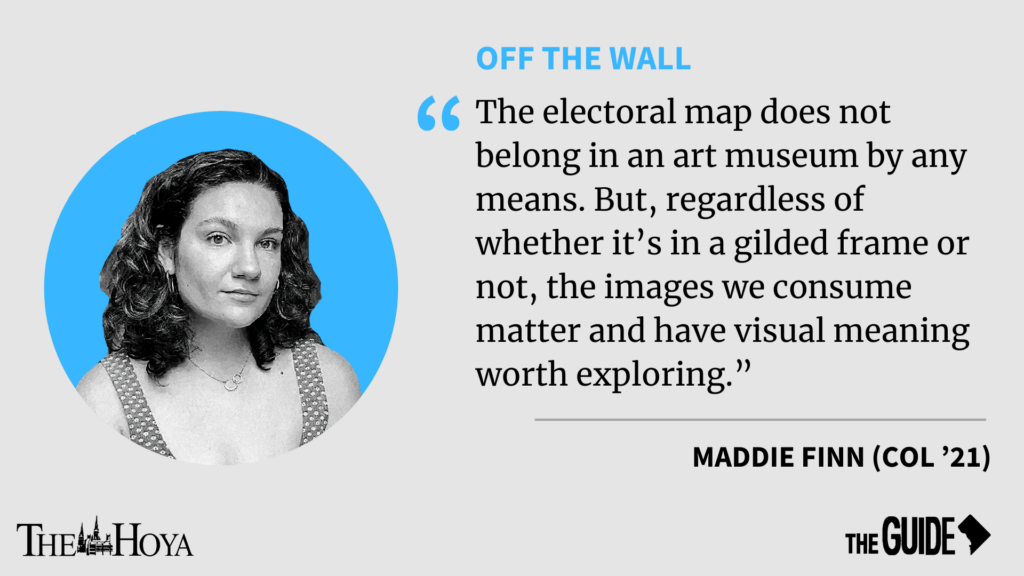
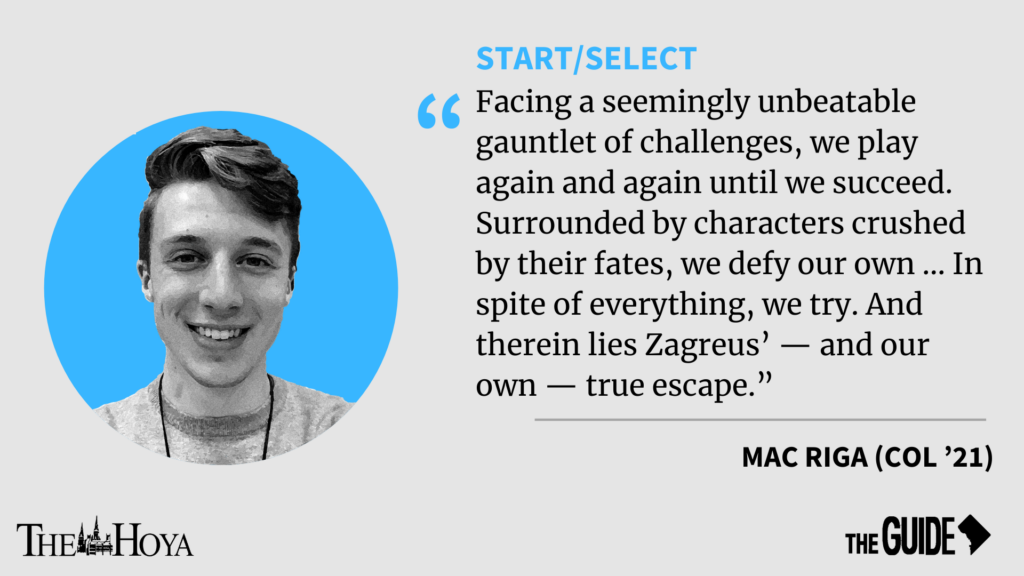
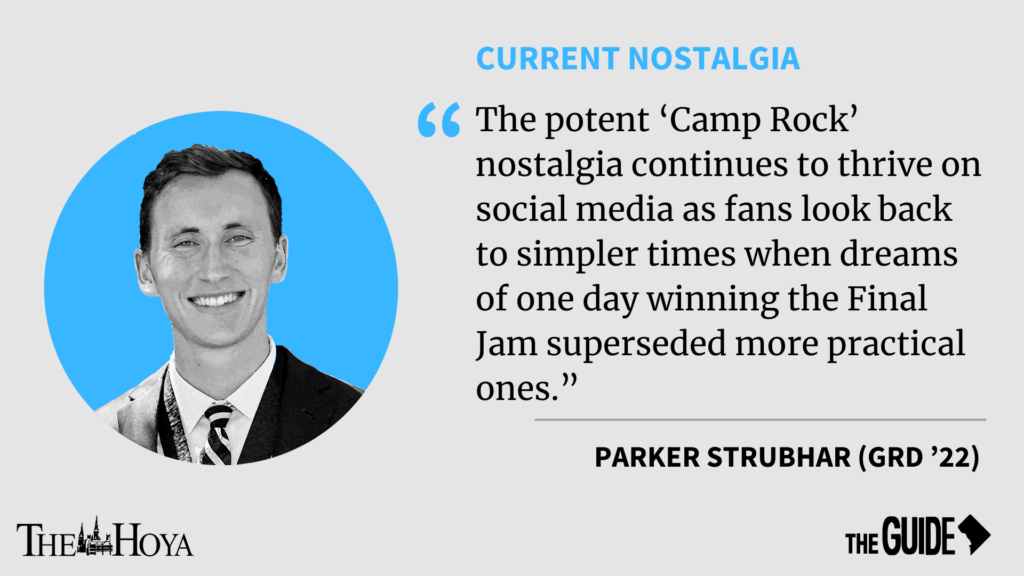
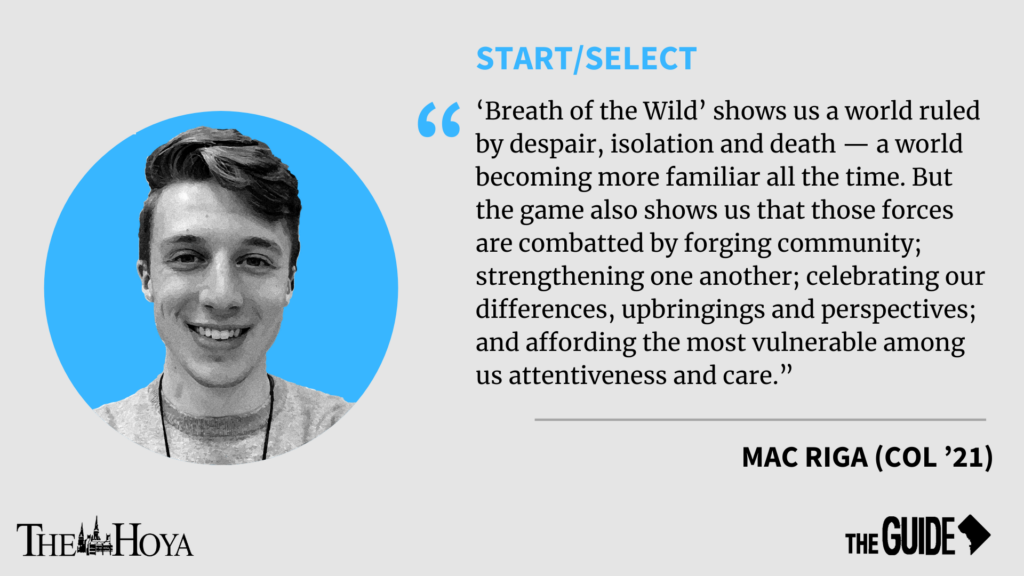
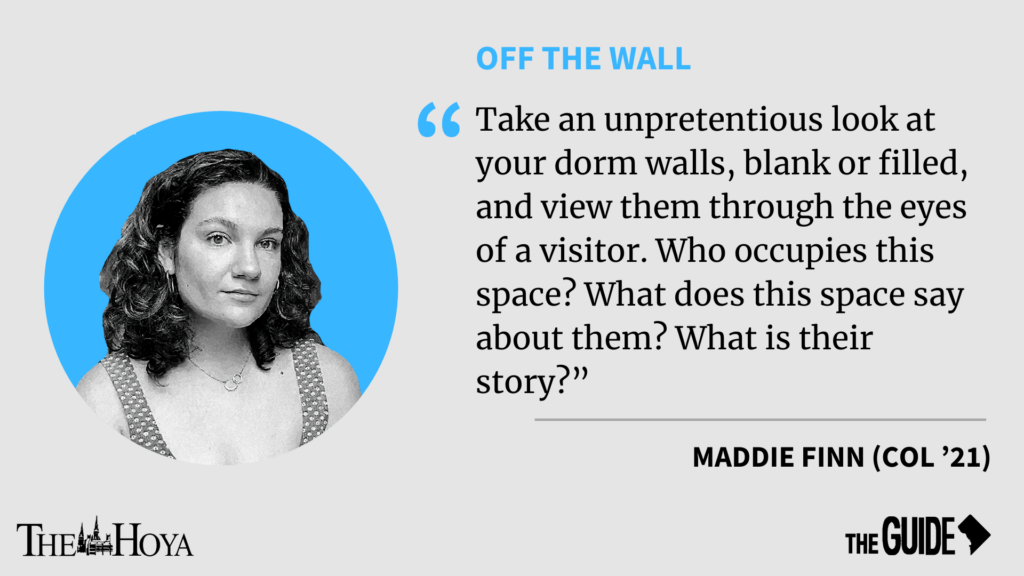
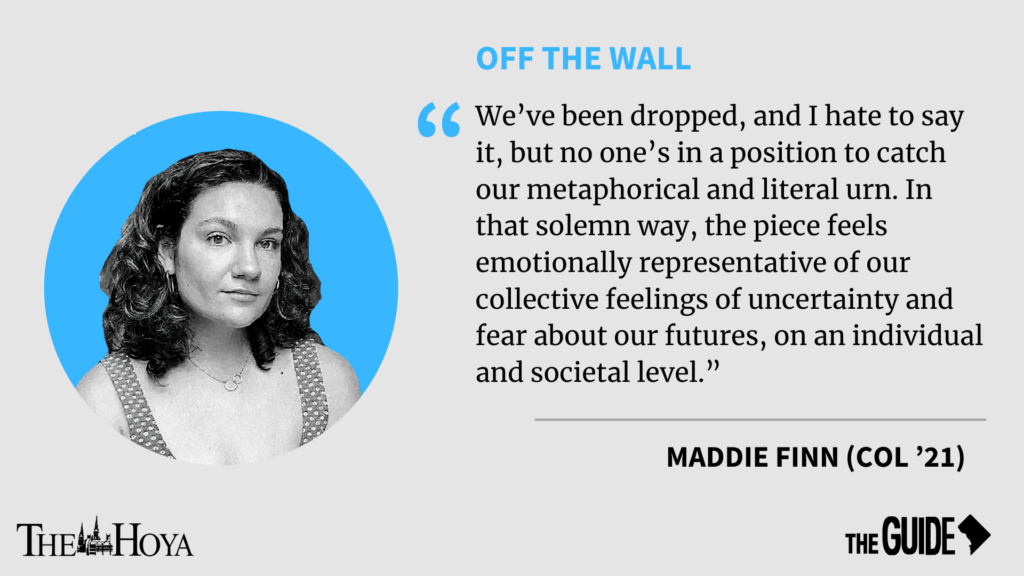

Hoya Alumnus • May 27, 2020 at 6:23 pm
Mac – I’m really not sure of the point of this opinion piece.
If it is a review on the Assassin’s Creed franchise, how could you possibly omit the most recent installment, Assassin’s Creed Odyssey? Odyssey received much better reviews than its predecessors and revamped the gameplay with RPG elements and an expansive open world by any standards. I agree that Origins was a disappointment, but critics and players generally agree that Odyssey was a return to form, rather than a continuation of any decline. Did you just not play it and wanted to write an article on the franchise anyway?
If it is a review of the upcoming Assassin’s Creed Valhalla, how could you possibly have an opinion on its quality outside of the ~5 minute cinematic reveal released last month? We currently know little of the gameplay or story beyond the setting.
If it is about callous violence in video games, do you hold a similar opinion for every violent video game that has been released recently? God of War? Red Dead Redemption 2? Will you write a similar piece on the upcoming Cyberpunk 2077?
No, I think this opinion piece is more aptly titled “I don’t like Vikings, and neither should you”. And you are entitled to that opinion! Without argument, Viking warriors were vicious and destroyed much culture. But were they measurably more vicious than other ancient warrior groups – the Spartans, pirates? Is Assassin’s Creed: Black Flag one of the games you used to love or hate?
It’s all a little inconsistent.
Alex Mazzeo • May 27, 2020 at 5:53 pm
I know that I’m thinking too much into this, but I frankly appreciate how much the franchise has adapted without getting stagnant. I really enjoyed the introduction of naval combat in Black flag. This was well received and has been included in there newer games including Valhalla. They also listened to fans who told them the Odyssey map was too big and empty, so the map size for Valhalla is actually going to be smaller.
Alex Mazzeo • May 27, 2020 at 5:42 pm
While I agree Syndicate was a bad game, I think you are ignoring some features that are very good about the new games. The article also ignores that Vikings built as much as they destroyed. They built entire cities like Dublin and Jorvik (York). While they may have also destroyed books in raids, the Norse contributed a lot to culture through poetry and artwork. The trope that Vikings are just pillagers is outdated. I don’t blame them for portraying Vikings in a revisionist yet historical way. The Vikings may have raided, but most other more “civilized” countries at the time did so as well.